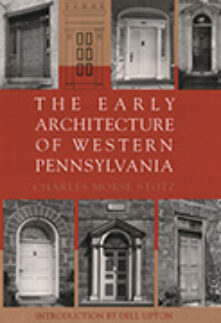Books
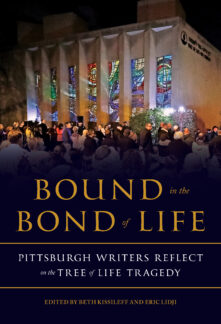
Bound in the Bond of Life
Pittsburgh Writers Reflect on the Tree of Life Tragedy
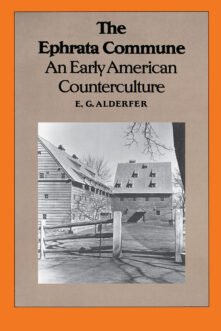
The Ephrata Commune
An Early American Counterculture
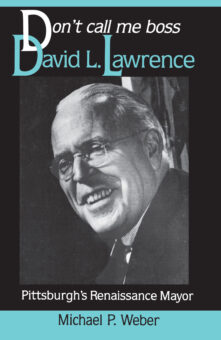
Dont Call Me Boss
David L. Lawrence, Pittsburgh’s Renaissance Mayor
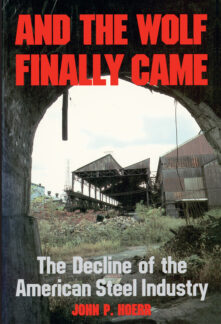
And the Wolf Finally Came
The Decline and Fall of the American Steel Industry
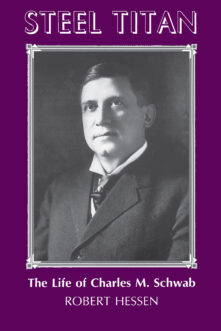
Steel Titan
The Life of Charles M. Schwab
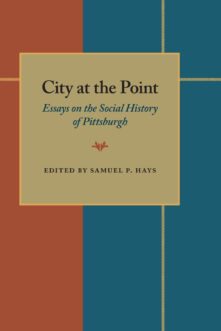
City At The Point
Essays on the Social History of Pittsburgh
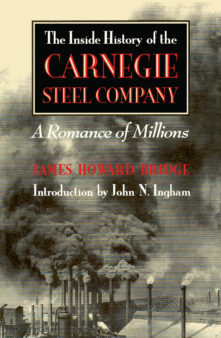
The Inside History of the Carnegie Steel Company
A Romance of Millions
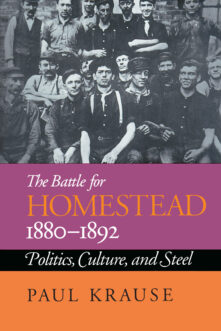
The Battle For Homestead, 1880-1892
Politics, Culture, and Steel
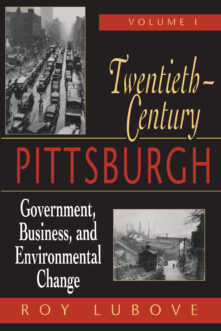
Twentieth-Century Pittsburgh, Volume One
Government, Business, and Environmental Change
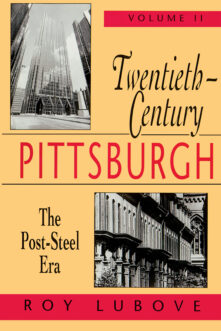
Twentieth-Century Pittsburgh, Volume Two
The Post-Steel Era
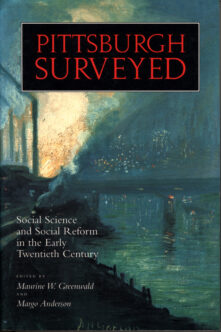
Pittsburgh Surveyed
Social Science and Social Reform in the Early Twentieth Century
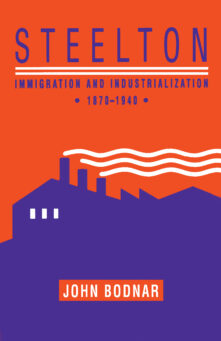
Steelton
Immigration and Industrialization, 1870–1940
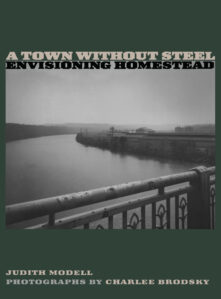
A Town Without Steel
Envisioning Homestead
Total 70 results found.



